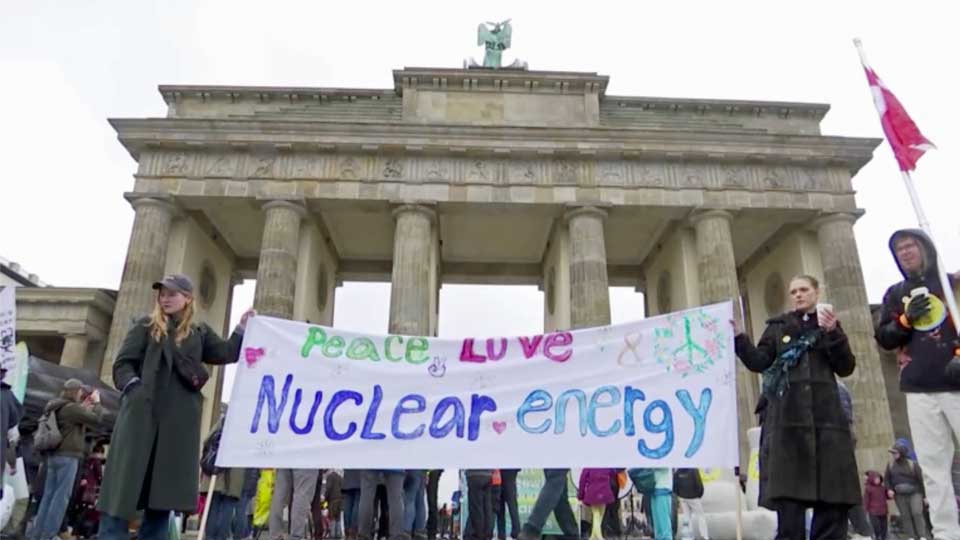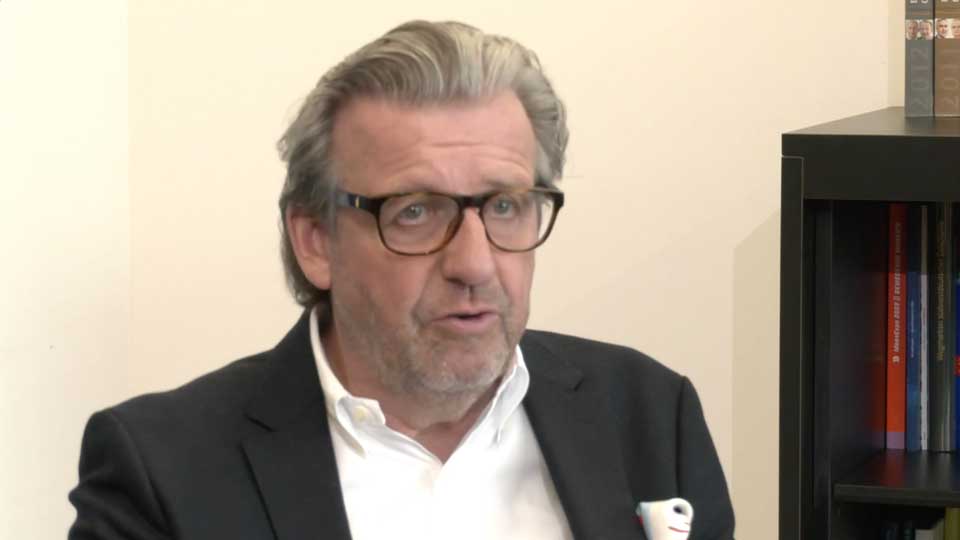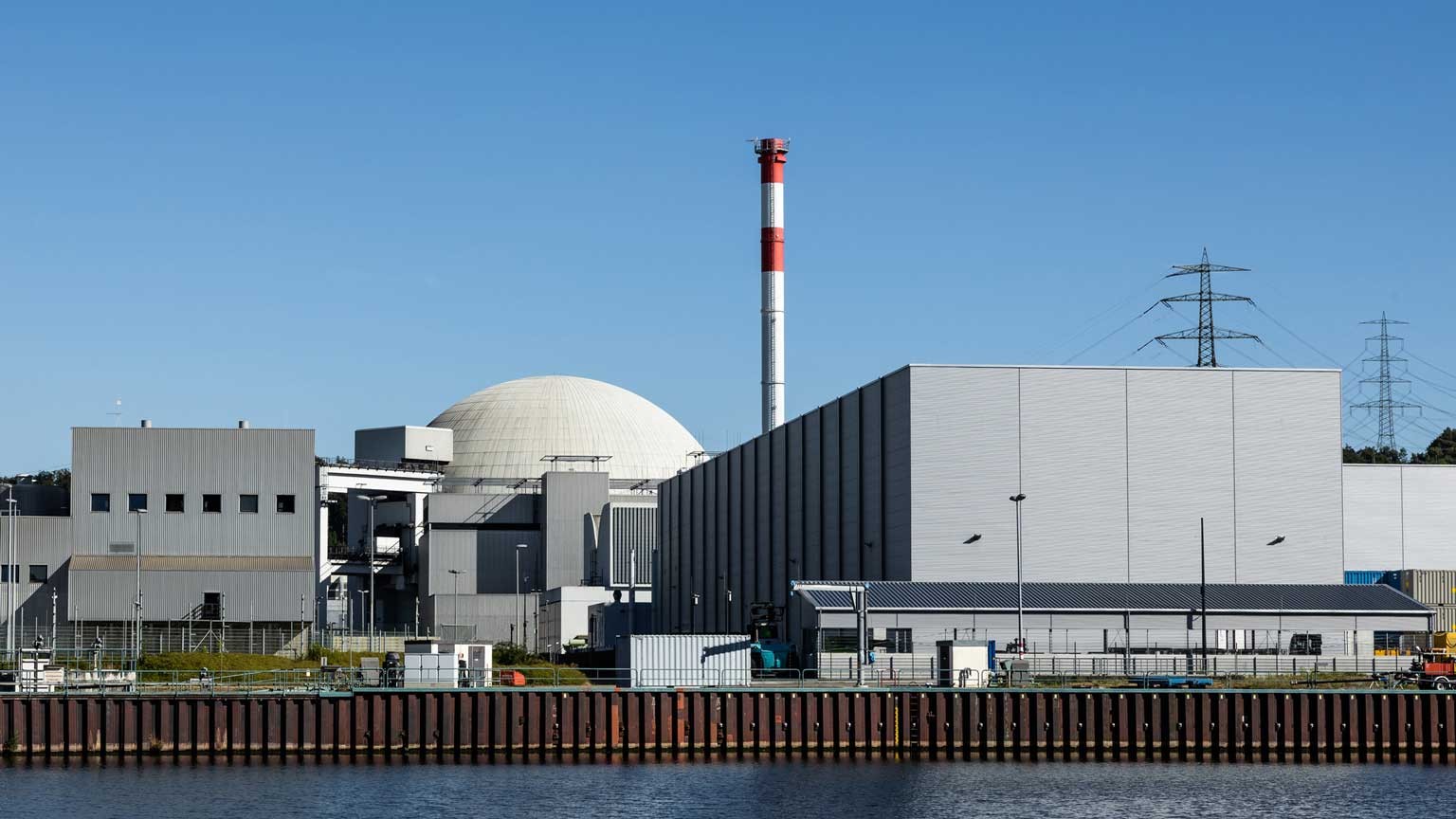Members of civic groups gathered near the Neckarwestheim nuclear power plant, one of the final three, in southern Germany. They celebrated the closure with banners declaring the end of nuclear power generation.
Participants said they are happy the danger posed by nuclear plants has gone.

Following the 2011 meltdowns at Japan's Fukushima Daiichi nuclear plant, the government of German Chancellor Angela Merkel decided to phase out nuclear power.
The initial plan was to shut down all plants by December 2022, but it was delayed after Moscow cut its natural gas supplies to Germany in the wake of the Russian invasion of Ukraine.
A recent opinion poll in Germany shows that 59 percent are opposed to the abolition of nuclear power plants, while 34 percent support it.
Pro-nuclear protesters
The capital, Berlin, saw more than 100 people take to the streets to protest the shutdown.
Participants criticized the government's decision to suspend nuclear power plants while expanding the use of coal power to make up the deficit.

One of the protesters said she does not understand why nuclear power plants should be shut down at a time when renewable energy cannot cover current consumption due to the energy crisis.
Another said there is no need to fear nuclear power if it is used safely. She said it's necessary to find a balance between renewable energy and nuclear power, adding that she wants the government to reconsider.
Germany shifting to renewables
Following the Fukushima accident, the German government decided to scrap all 17 of its reactors by 2022.
The Association of Energy and Water Industries, which consists of German power generation companies, says nuclear power accounted for 30 percent of power generation in 2000, the second most after coal. The figure dropped sharply to 6 percent in 2022.
Meanwhile, the government is promoting wind, solar and other forms of clean energy. In 2022, electricity from renewable sources covered 45 percent of all power generated in the country.
Russia’s invasion of Ukraine prompted concerns from some members of the business community and the ruling party when Moscow drastically reduced its natural gas supply to Germany. Environment Minister Steffi Lemke said in March that the energy supply is stable. She said there's no risk of a crisis even if nuclear power is phased out.
She stressed that the risks of nuclear power are uncontrollable, even in technologically advanced nations like Germany.
Companies wary of price spikes
Germany's business community has voiced concerns about the sustainability of the energy supply.
One engine part maker saw its gas and electricity bills rise last year by nearly 50 percent from the previous year. The company's president expressed his strong opposition to shutting down nuclear power plants, voicing concerns over possible spikes in energy prices.
"If the government fails to lower energy prices, many companies will move their production bases to other countries where prices are lower," he said.

The Association of German Chambers of Commerce and Industry also called for nuclear power to stay online to maintain German competitiveness. It said on Tuesday that energy prices remain high for most companies and the issue of stable supply has yet to be resolved.
Analysis: Japan plans nuclear energy revival
NHK World's Mitamura Taro has covered nuclear energy policy in Japan and Europe. Here's what he had to say:
"The Japanese government made a major shift in its nuclear policy last December, allowing nuclear power plants to operate longer than 60 years.
"The plan also includes the development of next-generation nuclear reactors. The government says it's doing this in order to create a stable supply of energy and to meet its climate goals. As in Germany, public opinion in Japan is divided on the issue.

"Currently, renewables represent 20 percent of Japan's energy. Solar power is the driving force, and wind power accounts for less than one percent. It is far behind Germany and Britain.
"But Japan now has its first large-scale offshore wind farm, in Akita Prefecture. The country is surrounded by water, so has lots of capacity for wind and, according to experts, considerable potential for renewables."
